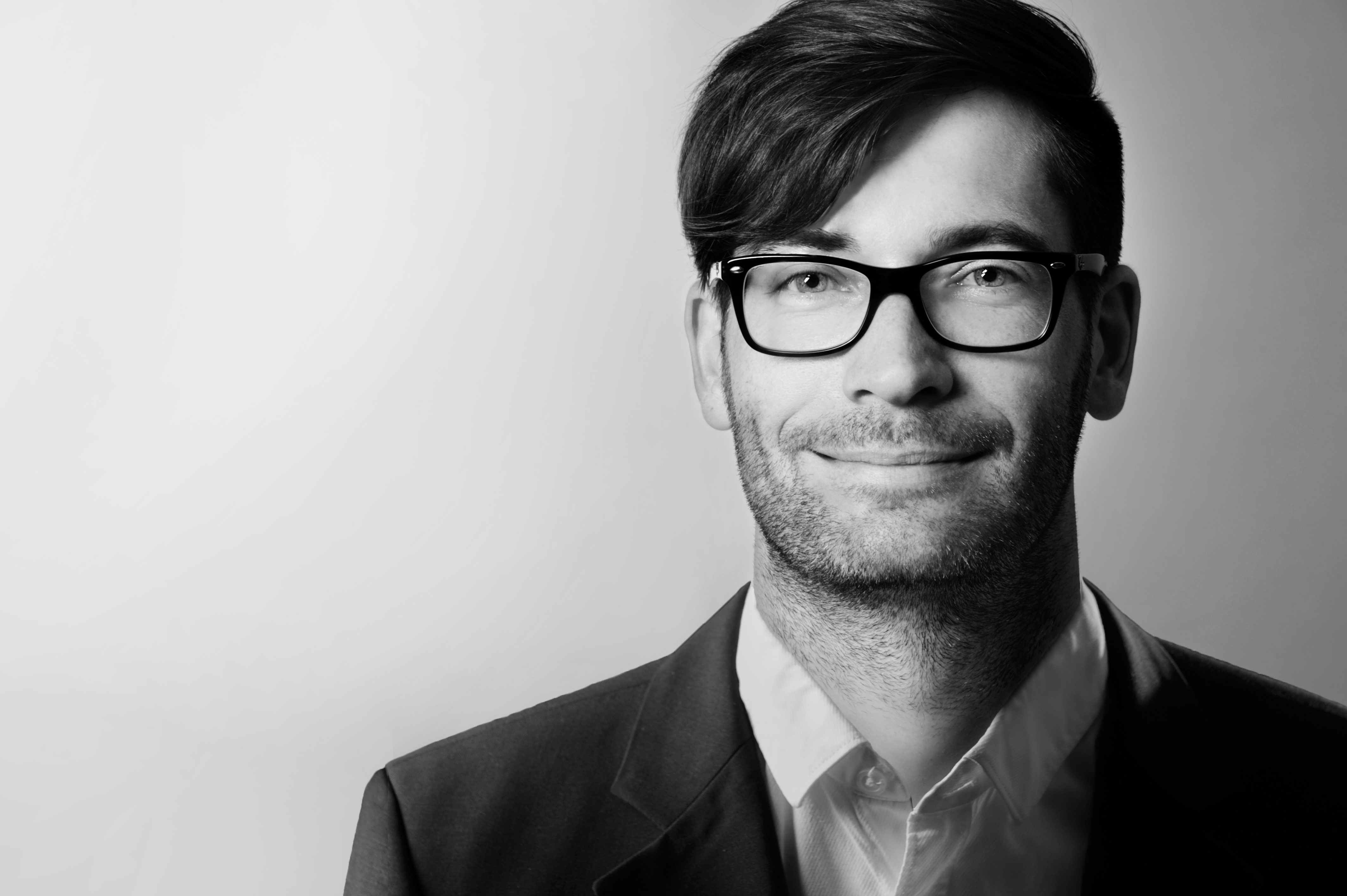COP21 Interview: The energy transition is not a cakewalk
CLEW: What would you consider to be a successful outcome of the Paris climate conference?
Frederik Moch: It is important to us as trade unions that the agreement is binding. It must also have an ambition mechanism so that insufficient targets can be adjusted. Another item that is particularly important to us is the notion of “just transition”. When energy production and industrial processes are transformed in order to prevent dangerous climate change, the process has to be shaped in a social way. This has to be incorporated in an agreement. We have to fight climate change in a fair fashion.
What lessons can other countries learn from Germany’s approach to cutting greenhouse gas emissions?
I would say Germany is definitely an example and a model for how a country can approach a transition to a low carbon economy. Every country will possibly choose its own path but, from our point of view, the energy transition is a good example. We should remain a model for how climate action, socially responsible actions and prosperity can be achieved simultaneously. We have to do some homework on this but, generally, we should continue to show that an industrialised country like Germany can achieve a climate-friendly economy. With the energy transition, we have seen an increase in innovation in all economic sectors and we have seen new jobs emerging in the renewables industry. But we have also seen challenges: there has been no breakthrough in energy efficiency policy, there are issues with the grid expansion and we are facing major structural change in the energy sector that will impact the workforce. And looking at the renewables sector: Green jobs have to become good jobs – co-determined and well-paid! The energy transition is not a cakewalk but it is necessary.
Do all the different trade unions in Germany support the energy transition?
We have a consensus that the energy transition is necessary not only for the climate, but also to innovate the country. All unions in Germany agree that the energy transition is an opportunity. But different unions obviously see different challenges. Those who represent workers in energy-intensive industries, or the mining and power sector, will face larger challenges than others. We have seen that energy-intensive industry is staying in Germany despite the Energiewende - but we have to make sure it stays that way because the goal is to retain the full range of industrial sectors in the country. Certain exemptions from energy transition-related obligations for energy-intensive industry have to remain in place – but always in a way that the costs of the energy transition are distributed fairly. We need innovation and investment into new jobs to make sure we are actually using the opportunities that the Energiewende provides - and we have to find a socially sustainable way of doing so.
You have said that the transition to a low-carbon economy has to happen ‘while retaining a high level of prosperity’ – how does that agree with structural change happening in the Energiewende?
Structural change is not something new that only happens because of the energy transition. There has been structural change for as long as there have been economic activities. Sectors emerge, sectors change, other sectors come along and some lose importance. Germany has quite a lot of experience with structural change; for example after reunification between West and East Germany, or when hard coal mining was phased-out. We have seen that the state can, and must, organise and facilitate such changes. We have learned a great deal from the experiences and we are happy to share this knowledge with our colleagues abroad. The state has to be a reliable actor which provides guidance and social back-up during structural changes. You cannot leave these things to market forces. Unions and companies also have to work together to shape change in a way that doesn’t disadvantage workers.
Germany has had heated discussions about a “coal phase-out” to achieve its climate targets. The new Paris climate agreement might prescribe the decarbonisation of the world economy – will the unions fight for jobs in the coal sector?
Yes, we are always fighting for every job. This doesn’t mean that we will blindly cling to the ‘stoker on the electric locomotive’. It means that we will look after every job because that is our job. We obviously know that structural change is happening – it is then our obligation to see how new jobs and new opportunities for employees can be created. Our colleagues should have the potential to live a decent life - not be left hanging in mid-air.

